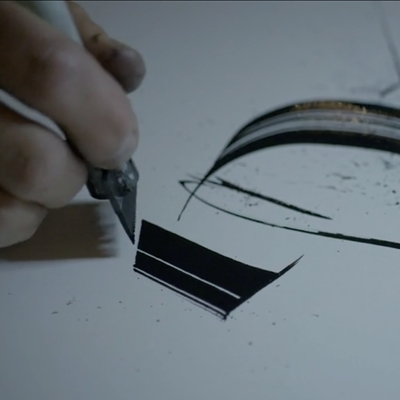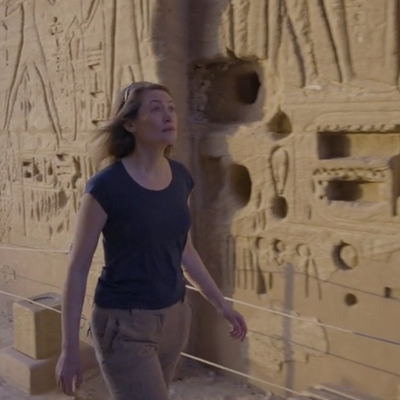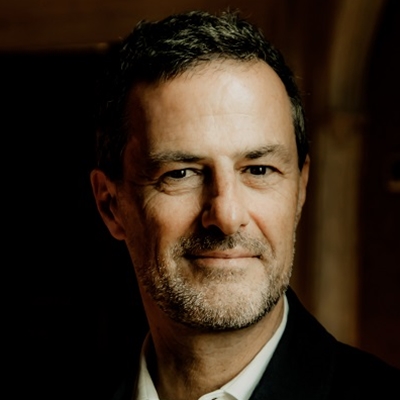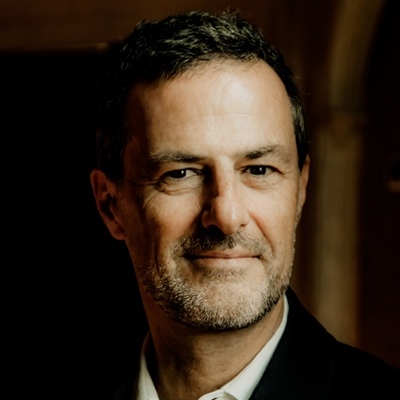Hay Festival Abu Dhabi 2020 Programme
History
Event 2
Following the Silk Roads eastwards from Europe through to China, by way of Russia and the Middle East, The New Silk Roads provides a timely reminder that we live in a world profoundly interconnected. In this prescient contemporary history, the author assesses the global reverberations of these continual shifts in the centre of power.

Event 5
The classicist and historian tells the story of extraordinary, transformative projects helping refugee stonemasons to begin to rebuild the shattered treasures of Syria. The new trainee masons, artisans and artists are both women and men. The lecture is illustrated with film footage from Hughes’ documentaries about the project.
Hughes’ books include Istanbul, The Hemlock Cup and Helen of Troy.
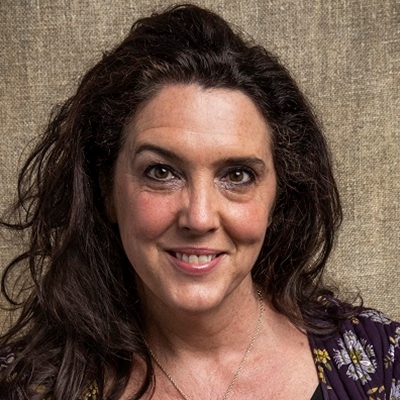
Event 13
From the hieroglyphs on the walls in Medina to mobile txt-speak, the Arabic scholar and broadcaster previews clips from her forthcoming documentary film series tracing the development of alphabets and script in human civilisation.
Chaired by Carlo Pizzati, author, political analyst for la Stampa and professor of theory of communication at the Asian College of Journalism. His most recent memoir is Bending over Backwards (Harper Collins '19).
Event 20
The multi-award-winning historian presents The Anarchy, a cautionary tale of the rise of the East India Company, a vast and ruthless private army, and perpetrators of one of the most supreme acts of corporate violence in world history.
Dalrymple’s other books include In Xanadu, Nine Lives, The Return of a King and The Last Mughal.
Chaired by Carlo Pizzati, author, political analyst for la Stampa and professor of theory of communication at the Asian College of Journalism. His most recent memoir is Bending over Backwards (Harper Collins '19).
Event 28
In 1570, when it became clear she would never be gathered into the Catholic fold, Elizabeth I was excommunicated by the Pope. On the principle that 'my enemy’s enemy is my friend', this marked the beginning of an extraordinary English alignment with the Muslim powers fighting Catholic Spain in the Mediterranean, and of cultural, economic and political exchanges with the Arab world of a depth not again experienced until the modern age. The awareness of Islam that these trades and negotiations brought home found its way into many of the great cultural productions of the day, including most famously Marlowe’s Tamburlaine, and Shakespeare’s Titus Andronicus, Othello and The Merchant of Venice. Brotton shows that England’s relations with the Muslim world were far more extensive, and often more amicable, than we have appreciated, and that their influence was felt across the political, commercial and domestic landscape of Elizabethan England. Brotton is author of The Sultan and the Queen, The Renaissance Bazaar and The Sale of the Late King’s Goods.

Event 31
Islamic book culture dates back to late antiquity, when Muslim scholars began to write down their doctrines on parchment, papyrus, and paper and then to compose increasingly elaborate analyses of, and commentaries on, these ideas. Movable type was adopted in the Middle East only in the early 19th century, and it wasn’t until the second half of the century that the first works of classical Islamic religious scholarship were printed there. But from that moment on, University of Chicago academic Ahmed El Shamsy reveals, the technology of print transformed Islamic scholarship and Arabic literature.
In the first wide-ranging account of the effects of print and the publishing industry on Islamic scholarship, El Shamsy tells the fascinating story of how a small group of editors and intellectuals brought forgotten works of Islamic literature into print and defined what became the classical canon of Islamic thought.
Chaired by scholar and broadcaster Lydia Wilson.

Event 51
Brotton, author of A History of the World in Twelve Maps, introduces the map of the world made by the 12th-century Islamic cartographer Al-Idrisi for Roger II of Sicily. This was a masterpiece of mapping that remained the most technically sophisticated world map for 300 years after its production. Drawing on several centuries of Islamic cartographic research, Al-Idrisi produced both a book of 70 maps covering the surface of the known world, and a single, round map engraved onto a silver disk and set into a wooden table, with Mecca at its centre. The silver disk is now lost, and the Entertainment for those wanting to discover the world ('Nuzhat al-mushtāq fi'khtirāq al-āfāq'), survives only through later copies. But in a groundbreaking project, Factum Foundation has undertaken to recreate Al-Idrisi’s fabled map. Neither facsimile nor copy, this recreation nonetheless combines painstaking historical research with advanced digital techniques and the highest levels of craftsmanship, paying tribute to the lost original and offering yet another layer to add to the complexity of its transmission.

Event 57
Yang Lian was one of the original Misty Poets who reacted against the strictures of the Cultural Revolution. His work was criticised in China in 1983 and formally banned in 1989 when he organised memorial services for the dead of Tiananmen Square while in New Zealand.
A poet in exile, he now lives in Berlin. Translations of his poetry include Where the Sea Stands Still, Lee Valley Poems and The Narrative Poem, as well as his long poem, Yi. He is co-editor of Jade Ladder: Contemporary Chinese Poetry and was awarded the International Nonino Prize in 2012.
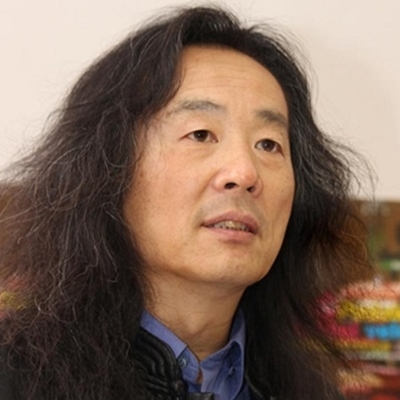
Event 58
The Five: The Untold Lives of the Women Killed by Jack the Ripper is a stunning history that has swept up awards this year. Polly, Annie, Elizabeth, Catherine and Mary-Jane are famous for the same thing, though they never met. They came from Fleet Street, Knightsbridge, Wolverhampton, Sweden and Wales. They wrote ballads, ran coffee houses, lived on country estates, they breathed ink-dust from printing presses and escaped people-traffickers. What they had in common was the year of their murders: 1888. Their murderer was never identified, but the name created for him by the press has become far more famous than any of these five women. Now, in her devastating narrative of five lives, historian Rubenhold finally sets the record straight, and gives these women back their stories. Chaired by Jenny Valentine.

